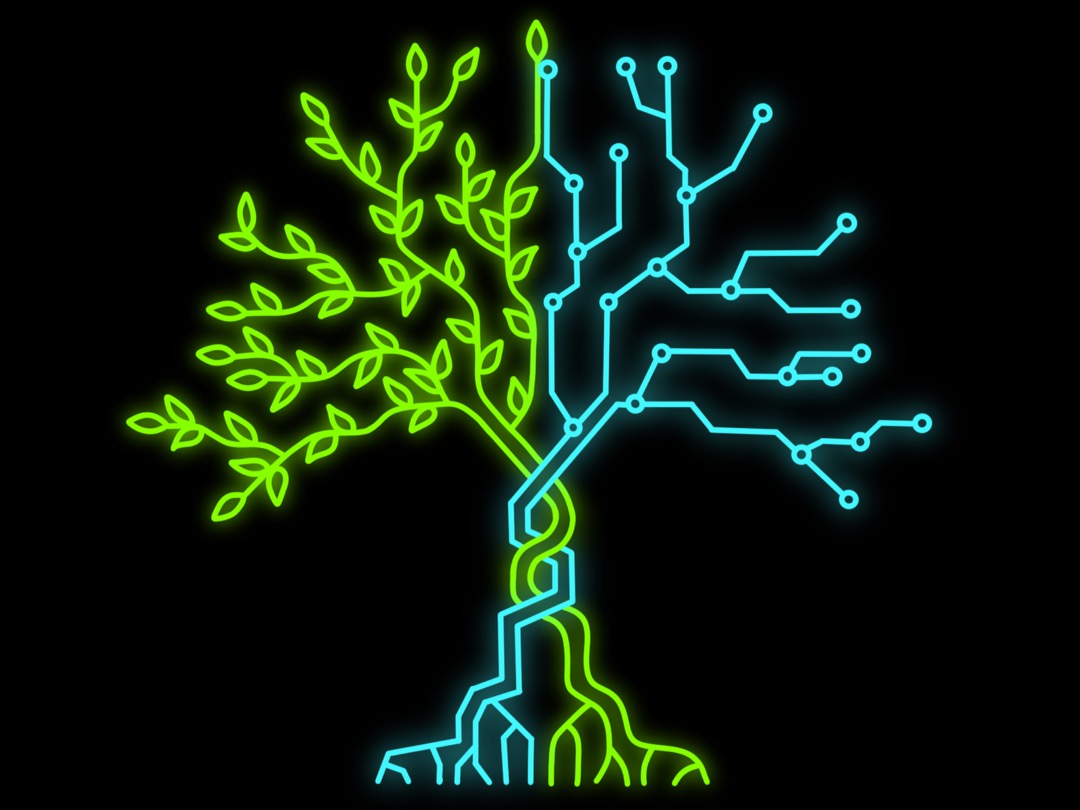From unwanted stares, gestures, comments, whistles or physical advances, sexual harassment is remarkably prevalent, even here in Marin. The Istanbul Convention of the Council of Europe defines sexual harassment as “any form of unwanted verbal, non-verbal or physical conduct of a sexual nature with the purpose or effect of violating the dignity of a person,” which means that acts of harassment in Marin occur more often than one might think.
One common form of sexual harassment is catcalling, which the Merriam-Webster dictionary defines as the act of shouting harassing and often sexually suggestive, threatening or derisive comments at someone publicly. According to a January 2023 Bark survey, 68 percent of students report either experiencing or witnessing catcalling.
Karen Chasen, the vice president of Prepare, a violence prevention program, conveys the dangers of street harassment and its effects on women.
“Street harassment sends a message to women to lead a smaller life because the public sphere isn’t a place where they can feel safe and move with freedom,” Chasen said.
Sophomore Syd Walling opened up about her experiences being harassed in the street as well as on a public bus at night.
“I got on the bus. I was sitting [and] listening to music, and this guy around 25 [years-old] came and sat next to me. His leg was touching my leg. He was trying to put his hand on my leg,” Walling said. “I was really nervous; I was really uncomfortable. He was trying to talk to me [and] was very close to me, and I hated it — I hated it.”
Sophomore Giselle Orson has also been a victim of catcalling and harassment since she was in elementary school.
“When I was 10 years old, just walking to and from school, there would always be older men on the path, and they would whistle or stare at me for too long, or say things about what I was wearing,” Orson said.

Being the unwilling recipient of any form of harassment can manifest feelings of guilt and shame beyond just discomfort, stemming from objectifying comments or unsolicited gestures.
“I feel like harassment makes people think less of themselves, and think of themselves as objects instead of people. It can really affect how you view yourself and how you view the world. You believe you’re at fault. You believe that even if you covered up completely, catcalling would still be your fault, [and] you should be doing more to change it,” Orson said.
Walling elaborated on the feelings street harassment evokes, emphasizing the verbal harassment which she has also experienced.
“It’s so violating [when] people make comments at you and [try] to touch you. It’s uncomfortable and it makes you feel shameful, which is so unfair that [you] feel shame around something [you] did not do and [you] did not give anyone permission to do,” Walling said.
Similarly, junior August Reed commented on his experiences facing street harassment as a transgender man. As early as 7 years old, Reed was catcalled, and now he recounts the emotional implications.
“I always felt oddly guilty. Whenever I would be catcalled, I felt like I ruined the hangout for [whoever I was with], especially with my guy friends when I was still identifying as a woman. I [couldn’t] believe I made the situation awkward. And that’s a horrible message. That should not at all be what a 13-year-old feels, that should not be what a 7-year-old feels,” Reed said.
Reed also remarked on the prevalent misconception that catcalling, and other forms of street harassment, are exclusive to women.
“I get dysphoric because [catcalling] is not something that is talked about as a male experience. And it has happened to a few of [my cisgender male friends when] biking home from rowing [while in their] shorts and spandex,” Reed said. “It’s so strange to feel dysphoric over getting catcalled and harassed because it’s not exclusive to just one gender; it can happen to anyone. And I feel like what’s really ignored is the overarching theme of ‘it can be anyone.’ It’s not just your sister or your mother or anyone like [them]; it can be any singular person.”
Nicolle Plescia, a social issues and world cultures and geography teacher, as well as French and Peer Resource teacher, explained the mindset towards catcalling and the ubiquitous attitude towards street harassment.
“It’s a really tough [issue] because we live in a society that glorifies that sort of treatment. With [the] music that we listen to, or whatever’s on [kids’] phones, that sort of behavior, sadly, seems okay,” Plescia said. “Men and boys are trained to think that [it’s] okay [to catcall].”
Moreover, Walling also believes that systemic patriarchal values also contribute to the propagation of street harassment.
“[I think] Men are raised in environments where they’re taught that their role in society is only to lead, [and] they see a woman as a person to validate. That often [may] creates a situation in which women feel that they are just someone who needs to be validated,” Walling said.

Similarly, Reed echoed Walling’s sentiments and implores people to think before they make comments that could be damaging, regardless of intention.
“You might think it’s a harmless compliment, and you have no way of knowing. And if you have no way of knowing, you shouldn’t say anything at all,” Reed said. “[You] might mean it as a compliment, [but it] doesn’t matter how you mean it. You’ve said it, it has ruined a person’s day and it’s made them feel guilty and uncomfortable for something they should never be feeling [that] for.”
To address this growing problem, Walling emphasized focusing on the root of the issue.
“Stop trying so hard to teach young women to limit their behaviors to avoid [being harassed], and start teaching young men to change their behaviors. If you’re telling a young girl what to wear to cover her body, what you’re saying to her is that her body is inherently and only sexual. That the only thing that her body provides other people is sexual pleasure, and that’s extremely damaging,” Walling said.
More than anything, Orson wishes she had received more support from those she opened up to regarding the harassment she was experiencing at a young age.
“One thing that could really benefit people is if we could stop telling victims, and especially children, that it’s their fault,” Orson said. “That would have completely changed my perspective: if someone would have told me, ‘It’s not your fault. What these people are doing is not ok.’”








